The University of Chicago Press, Chicago 60637
The University of Chicago Press, Ltd., London
2018 by The University of Chicago
All rights reserved. No part of this book may be used or reproduced in any manner whatsoever without written permission, except in the case of brief quotations in critical articles and reviews. For more information, contact the University of Chicago Press, 1427 E. 60th St., Chicago, IL 60637.
Published 2018
Printed in the United States of America
27 26 25 24 23 22 21 20 19 18 1 2 3 4 5
ISBN -13: 978-0-226-37663-9 (cloth)
ISBN -13: 978-0-226-54382-6 (paper)
ISBN -13: 978-0-226-54396-3 (e-book)
DOI : https://doi.org/10.7208/chicago/9780226543963.001.0001
Library of Congress Cataloging-in-Publication Data
Names: Bargheer, Stefan, author.
Title: Moral entanglements : conserving birds in Britain and Germany / Stefan Bargheer.
Description: Chicago ; London : The University of Chicago Press, 2018. | Includes bibliographical references and index.
Identifiers: LCCN 2017039380 | ISBN 9780226376639 (cloth : alk. paper) | ISBN 9780226543826 (pbk. : alk. paper) | ISBN 9780226543963 (e-book)
Subjects: LCSH: BirdsConservationMoral and ethical aspectsEngland. | BirdsConservationMoral and ethical aspects. | EthicsEngland. | EthicsGermany.
Classification: LCC QL 676.5. B 255 2018 | DDC 333.95/8dc23
LC record available at https://lccn.loc.gov/2017039380

This paper meets the requirements of ANSI / NISO Z 39.481992 (Permanence of Paper).
This book was in the making for a long time. If my mentors at the University of Chicago had not talked me out of some of the initial excesses in case selection, I would in all likelihood still be writing it. I thank in particular Andrew Abbott for his unwavering moral supportnot to mention his sociological advicefor this project from start to finish. His seminar on historical research methods was the beginning of this project. I have also greatly benefited from working with Andreas Glaeser, who provided crucial feedback throughout the research process. Elisabeth Clemens has assisted with a special field exam that informed the outline of this project. Working with Hans Joas has proven insightful, and his intellectual stimulation found its way into this book. The Max Planck Institute for the History of Science in Berlin was an ideal place for working on the manuscript. I benefited greatly from presenting at the institutes colloquium, and Lorraine Dastons comments on an early version of the entire manuscript were invaluable.
More than anything else, however, I have to thank the people whose work I studied and whom I interviewed for this project. It is a truism that research cannot be done without the help of others; yet more than this, at times I felt that my main purpose was to channel the voices of others out to a larger audience. I found the people I interviewed to produce perfectly clear and plausible narrative accounts of and reflections on how they act, why it matters to them, and what kind of impact it has. Stephen Moss, Norbert Schffer, and Martin Flade made particular efforts to communicate their experiences with bird watching, field ornithology, and nature conservation to me. It was not only the knowledge of these and many other people that I met but also their enthusiasm for birds that made the research for this project personally gratifying. While conducting this research, I was asked more than once by fellow sociologists Are you a bird watcher yourself? I am not, but this is probably my own loss, since the people I encountered made a convincing case that having a preoccupation one is passionate about can be genuinely enriching. While not passionate about birds myself, I did, however, become very fond of watching bird watchers.
In addition to the people I interviewed, I am particularly indebted to the staff at the libraries and archives of the organizations I studied. At the Naturschutzbund Deutschland (NABU), Helge May was instrumental in giving me access to his collection of documents on the history of the organization. I also thank the environmental historian Anna-Katharina Wbse for countless discussions on the history of the NABU and its founder, Lina Hhnle. Hans-Werner Frohn at the Stiftung Naturschutzgeschichte was particularly helpful in providing information on the early history of bird conservation. At the Royal Society for the Protection of Birds (RSPB), I would like to thank Ian Dawson for assistance with locating sources and for sharing his file of archival materials with me. I am further indebted to the librarians at BirdLife International and the Bundesamt fr Naturschutz.
Discussing this research at conferences, workshops, and seminars has greatly helped me in formulating my ideas. I thank the students in my courses taught at the University of Chicago, the University of Gttingen, NYU Berlin, and UCLA for their thoughts on morality and nature conservation. For much the same reasons, I owe gratitude to former fellow students at the University of Chicago. I want to thank in particular the members of a writing group, first of all Sida Liu, Maria Medvedeva, Daniel Menchik, Josh Pacewicz, and Xiaoli Tian. I received substantial assistance from Jessica Feldman, Melissa Kew, Zohar Lechtman, Gregory Liegel, Etienne Ollion, and Paki Reid-Brossard. While all errors of fact do, of course, remain exclusively my own, I am more than happy to share the responsibility for all shortcomings in sociological perspective with the people in my graduate department. If faculty and students at this place were not so insistent that Chicago sociology is a worthwhile approach, I might well have overlooked it.
At UCLA, Gail Kligman, Hannah Landecker, Aaron Panofsky, and Stefan Timmermans gave helpful advice on the manuscript and the publishing process. I thank Gabriel Abend and Nicholas Wilson for reading versions of the revised manuscript. I am equally grateful to Doug Mitchell and Kyle Wagner at the University of Chicago Press and to the reviewers, in particular Marion Fourcade, for making the transition from manuscript to book possible. The initial field research for this project was supported by a research grant from the Nicholson Center for British Studies at the University of Chicago and the Andrew W. Mellon Early Career Fellowship Program provided by the American Council of Learned Societies. Despite this assistance, the project would not have been possible without the support of my parents, Karl and Hildegard, as well as that of several credit card companies. I have meanwhile been able to repay my debts to the latter, but I am not certain that I will ever be able to do the same for all of the aforementioned people.



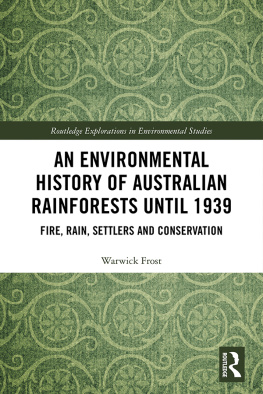
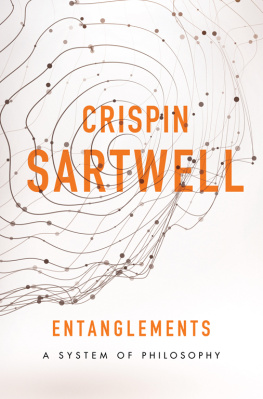
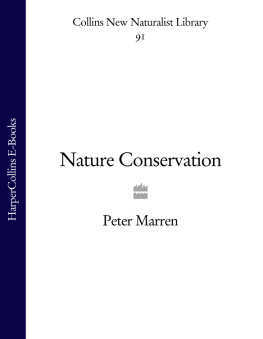
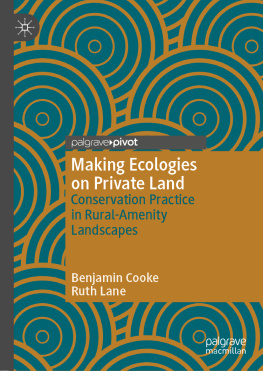


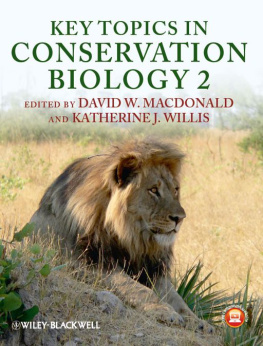

 This paper meets the requirements of ANSI / NISO Z 39.481992 (Permanence of Paper).
This paper meets the requirements of ANSI / NISO Z 39.481992 (Permanence of Paper).